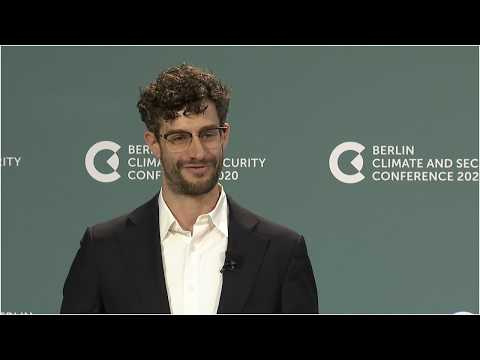Main page content
June 24 - Dispatches from the Field
Moderated by Lukas Rüttinger (adelphi)
Dispatches from the Field: Climate Security Expert Network members share climate-security risk insights from affected regions and discuss context-relevant responses. Panel Discussion with Ottilia Anna Maunganidze (Institute for Security Studies), Chitra Nagarajan, (Independent Conflict Researcher), Adriana Abdenur (Igarapé Institute), and Oli Brown (Chatham House & the Geneva Centre for Security Policy).
The first part of the 2020 Berlin Climate and Security Conference took place online on June 23 and 24, 2020, bringing together leading figures from governments, international organisations, the scientific community, the private sector and civil society through two sessions on the state of the art of climate and security and a high-level political segment. From September 7 to October 2, the second part of the BCSC 2020 will reflect on how more comprehensive risk assessments could support forward-looking and preventative foreign and security policy.
There is increasing evidence that climate change is undermining livelihoods, food and water security in rural and urban areas around the world, thereby acting as a “risk multiplier” in fragile and conflict-prone situations. The conference will explore how more comprehensive climate-security risk assessments could help in creating a forward-looking and preventative foreign and security policy, and offer a space to discuss the role that the international community, and the UN Security Council in particular, can and should take in this respect, including during Germany’s membership of the UN Security Council in 2020.
After launching the Berlin Call for Action in 2019 and working to increase the momentum for decisive action to address climate-related drivers of conflict and instability, this is the second iteration of this event.
The Berlin Climate and Security Conferences are hosted by the German Federal Foreign Office, in partnership with adelphi and the Potsdam Institute for Climate Impact Research (PIK).










